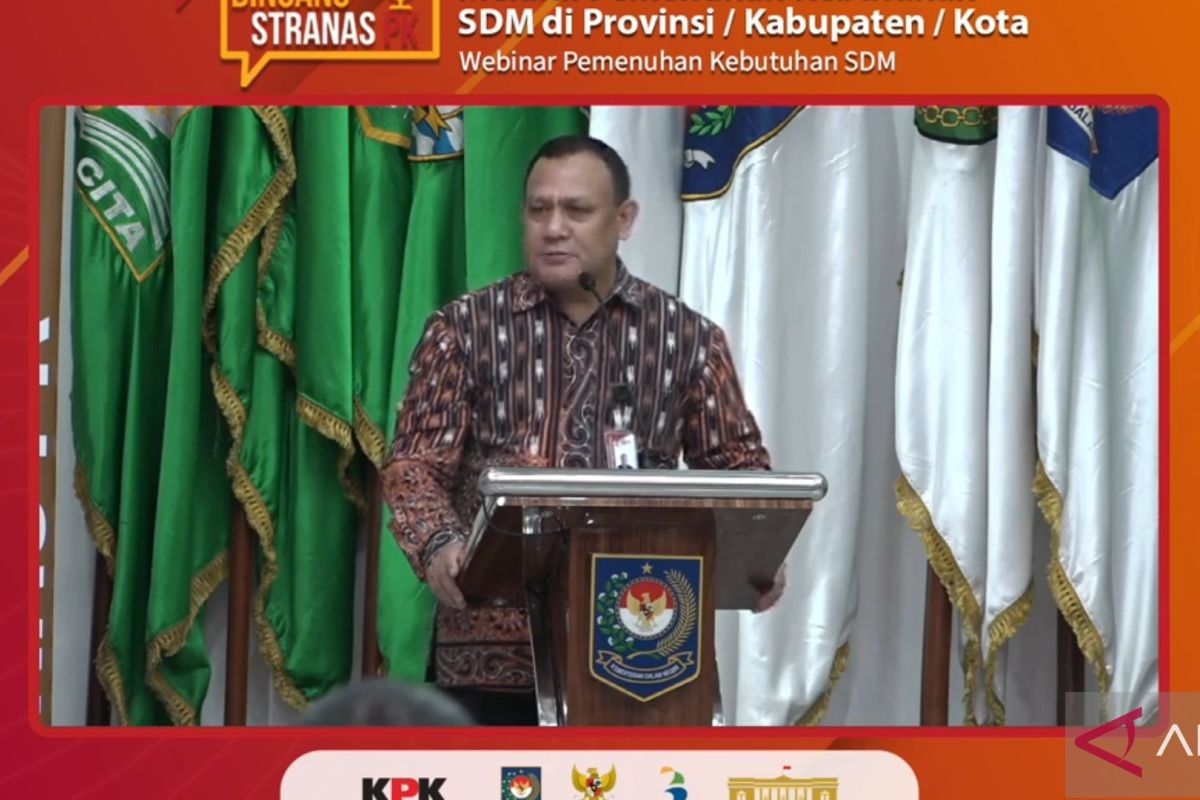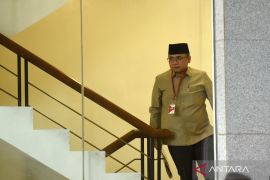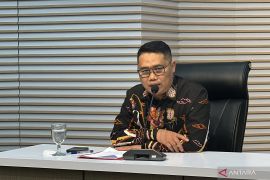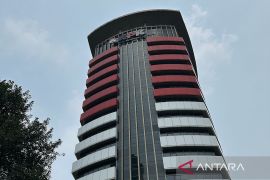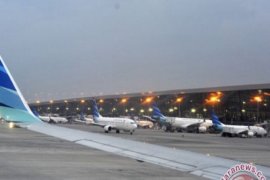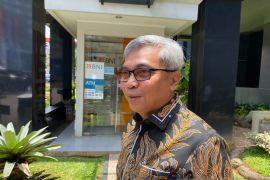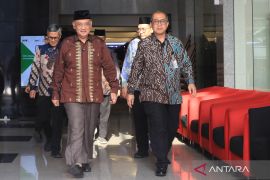"Corruption is most typically found in gratification and bribery, with approximately 65 percent or 958 new incidents occurring," Bahuri observed at the "Stranas Talk: Strengthening APIP Through Fulfilling Human Needs in Provinces, Regions, and Cities," which was held at the Ministry of Home Affairs in Jakarta on Wednesday.
In addition to gratification, 324 cases of irregularities in the procurement of goods and services, 57 cases of budget abuse, 57 cases of money laundering (TPPU), 28 cases of levies or extortion, 25 cases of licensing, and 13 cases involving obstructing the KPK process have also been identified in the regions.
According to Bahuri, as of September 11, 2023, the total number of corruption cases recorded by the KPK in the regions reached 1,462.
He then requested that the government's Internal Supervisory Apparatus (APIP) investigate whether the corruption cases can be included in the three clusters covering permission formulation, procurement of goods and services, or placement and promotion.
Bahuri said that because of the APIP's effectiveness in following up on corruption cases in the region, regional heads are aware that regional inspectorates are trustworthy and have integrity. The APIP's position as a quality controller, government consultant, and efficiency monitor is crucial.
He further said that he believes APIP can play a role in the four stages of possible corruption.
In the initial phase of program planning, corruption can occur in the form of fraudulent activities, specifically collusion and nepotism.
At the level of program endorsement, there is a risk of collusion and nepotism. In the implementation stage, there is a notable risk of corruption in program management.
In the evaluation or audit stage, there is a potential risk of program audit corruption.
Related news: Accepting money ahead of election corruptive behavior: KPK
Related news: KPK to summon PDIP Secretary General
Translator: Narda M, Azis Kurmala
Editor: Rahmad Nasution
Copyright © ANTARA 2023
